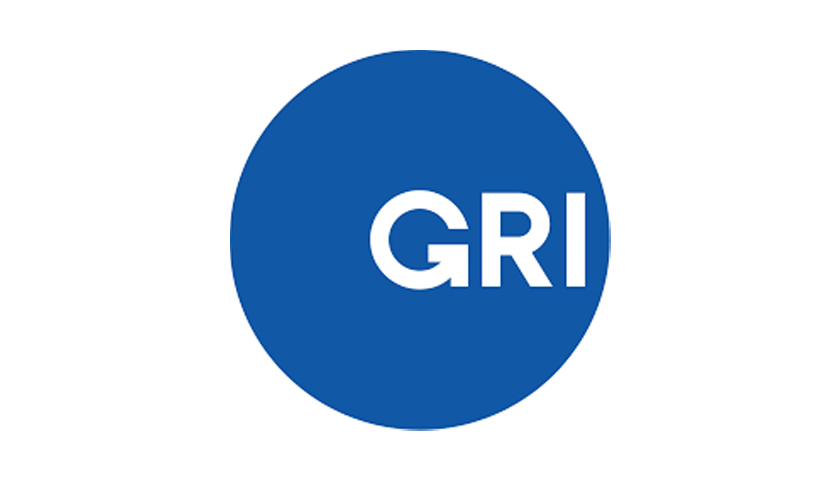With a new year underway, GRI is increasing momentum to deliver sustainability standards that strengthen the quality and usability of reporting, helping organizations and their stakeholders unlock greater value from disclosed information. In Q1, there are a series of key standards updates and innovations – as well as opportunities to engage and participate – from GRI, the global leader in sustainability reporting, all of which contribute towards a more cohesive and effective disclosure ecosystem: Biodiversity and Mining Standards take effect for reporting from 1 January GRI 101: Biodiversity – setting…
Read MoreTag: GRI Standards
Does sustainability reporting pay for itself?
A deep-dive analysis of global research on the value of sustainability reporting finds that 73% of studies show a positive correlation between companies that disclose their impacts and improved financial performance. The literature review by Global Reporting Initiative (GRI) – From impact to income: How sustainability reporting affects the bottom line – summarizes key conclusions and themes from 30 empirical studies to determine whether sustainability reporting improves access to capital, enhances operational efficiency, and strengthens risk management capabilities. All of the studies were published between 2010 and 2025 in peer-reviewed academic…
Read MorePutting workers’ rights at the heart of corporate accountability
Standards to illuminate how organizations respond to disclosure expectations on crucial labor rights issues across the value chain are being updated, with a global consultation now underway. Launched on International Human Rights Day, this public comment period will conclude GRI’s review of all labor-related disclosures and is open until 9 March 2026. Following approval by the Global Sustainability Standards Board (GSSB), feedback is sought on updates to four Topic Standards that span workers’ rights and protections: Workers in Business Relationships (GRI 414) Forced Labor (GRI 409) Child Labor (GRI 408)…
Read MoreA step forward for nature reporting
Given the prevalence of nature and biodiversity themes highlighted during COP30 in Brazil, GRI supports the recent announcement by the IFRS Foundation that the International Sustainability Standards Board (ISSB) will develop incremental disclosure requirements on nature-related risks and opportunities. These ISSB nature-related standard setting efforts will draw from the recommendations of the Taskforce on Nature-related Financial Disclosures (TNFD). Over the past three years, GRI and the TNFD have worked closely together to support the development of each other’s activities, including TNFD recommendations, metrics and guidance, and the revised GRI 101…
Read MoreGRI launches new tool for corporate climate action
A new resource has launched to help organizations align their climate reporting using the GRI Standards with the UN’s official approach to setting credible climate commitments, targets and transition plans. The Integrity Matters Checklist provides a framework for reporting on climate action by non-state actors – including businesses and investors – operationalizing UN guidance on alignment with science-based net zero pathways. This includes how organizations should report on efforts to cut greenhouse gas emissions, implement transition plans, and reduce investment in fossil fuels. The checklist reflects the recommendations in the UN High-Level…
Read More